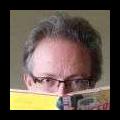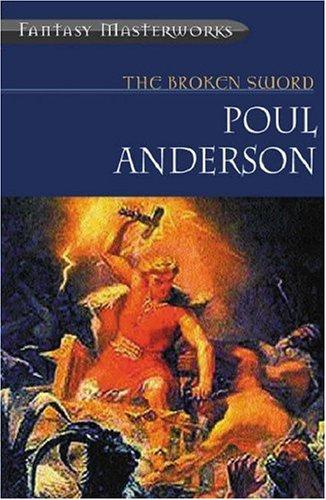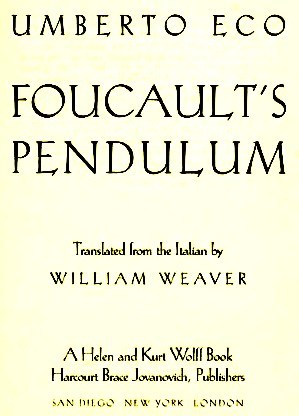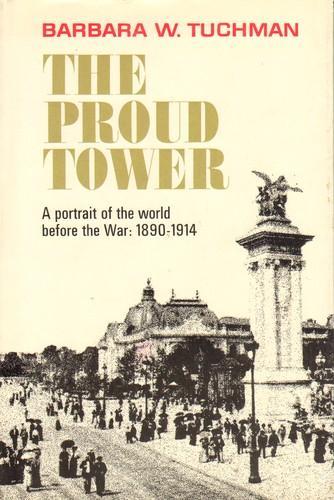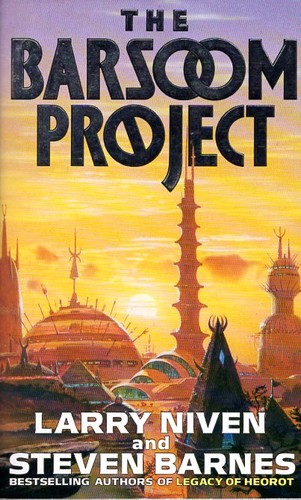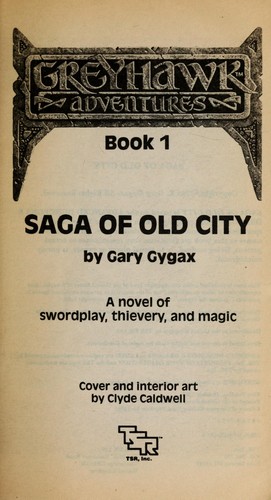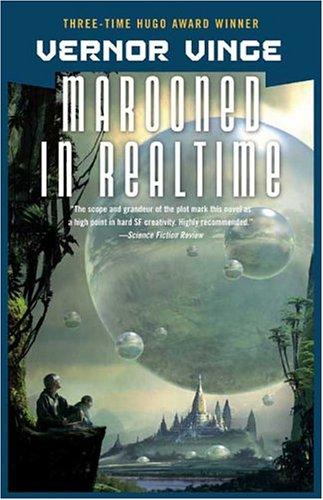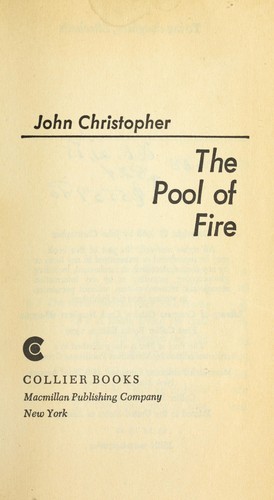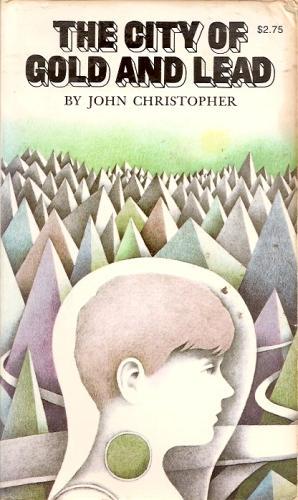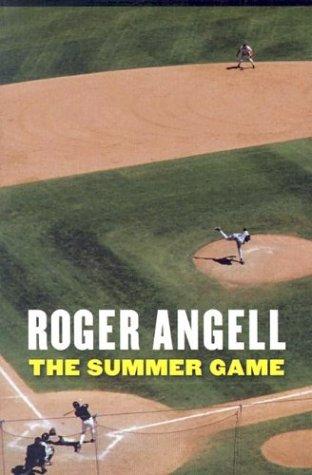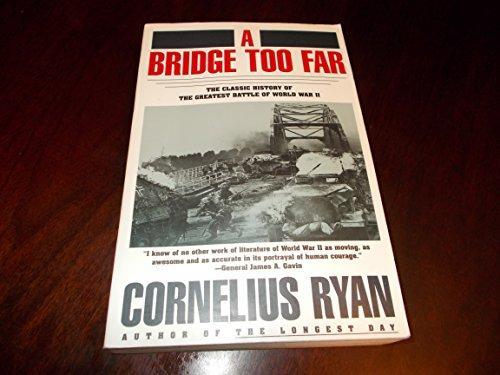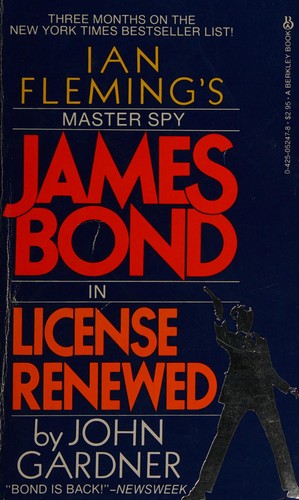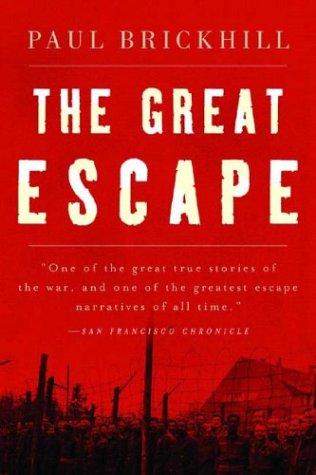Thom reviewed Parnassus on Wheels by Christopher Morley
Although my name appears on the title page, the real author of this book is …
Review of 'Parnassus on Wheels' on 'Goodreads'
4 stars
Fun and short, with a strong female main character and a wagonload of books. Released in 1917, this is Morley's first book. My only minor complaint is the last few chapters, which come all in a rush and are a bit fantastic. The sequel is not well regarded, so I won't rush to find it. Recommended!
